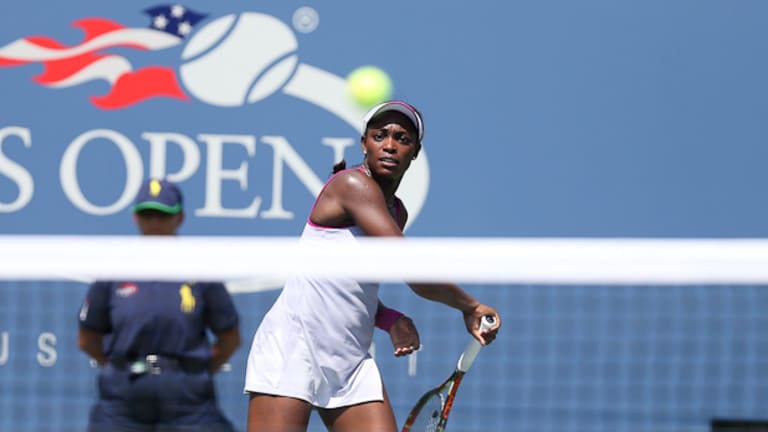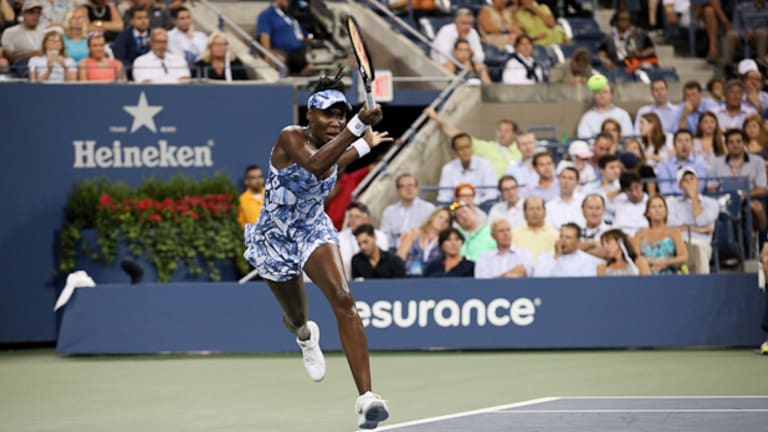See Thursday’s Order of Play here.
Vika says she needs matches, and needs to hit balls. She hit a lot of them in her first match, a grinding three-set win over Misaki Doi. And she’ll probably hit a fair share against McHale, a born baseliner. Let’s hope for McHale’s sake that it’s closer than the last time played, in Doha in 2013, when Azarenka handed her a double bagel. Winner: Azarenka
Do you like one-handed backhands, hit by smooth European veterans? They’ll be out early on Court 5 tomorrow. I’ll pick the German, who has a spolier’s date with John Isner in the next round. Winner: Kohlschreiber
In the age of 32 seeds, a No. 9 vs. a No. 42 is, relatively speaking, a competitive second-round match. Ivanovic has had her best season in years, but she has been vulnerable early at the last two majors. She and Pliskova have never played. Winner: Ivanovic
No. 1 vs. No. 81 doesn’t sounds like a dogfight, and this probably won’t be. Serena hasn’t lost here since 2011, though it’s true, she has never played King during that time. Winner: Williams
Querrey, strangely enough, is 3-0 lifetime against Garcia Lopez. All three matches went to 6-4 in the third set, so I’d settle in for this one over on Court 17; it could go the distance. Winner: Garcia Lopez
These two have played six times; Djokovic has won five, all of them in straight sets. His only loss was eight years ago, on carpet, in Paris, in two tiebreakers. The Frenchman is a heavy baseline hitter, but he’s past his prime, and even in his prime he didn’t have the power, from the ground or in the brain, to beat Djokovic in three-of-five. Winner: Djokovic
Here we go with round two. Last year the late spot on Court 17 was reserved for another U.S. teen of the moment, Vicky Duval. She lost. But what fun would it be to pick Bellis to do the same? Winner: Bellis
Keep this on the upset backburner. Cirstea can implode, and has had an awful season, but she’s a quality ball-striker on the right night. She and Bouchard play the late match, which could leave either of them a little flat. They’ve never faced each other. Winner: Bouchard
Photos by Anita Aguilar

